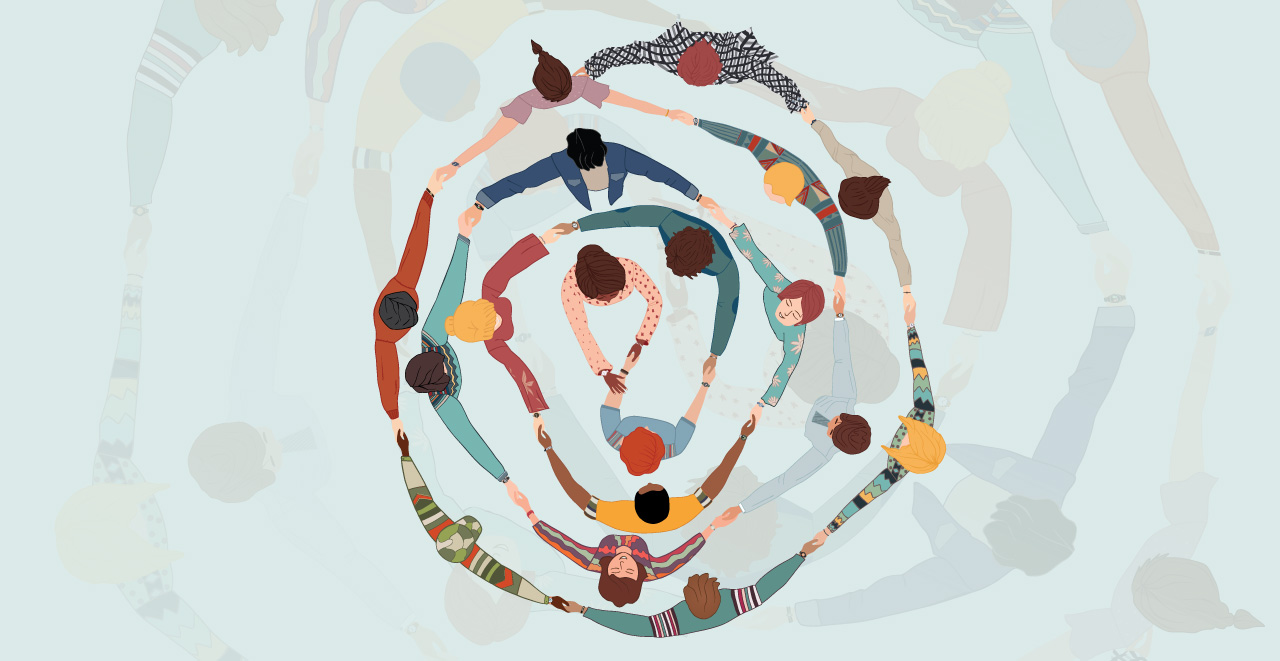According to Michelle Reuben, MEd, LPC, ACS, who was recently appointed DBT Clinical Director for Outpatient Services at Princeton House, a DBT-adherent program is highly structured and focused on skills generalization and acquisition so that providers can deliver care aimed at ensuring the best possible outcomes. And at Princeton House, it not only offers benefits for patients – it’s designed to help team members grow, collaborate, and alleviate stress.
“DBT skills are important life skills that everyone should have, not just those in treatment,” says Reuben. “DBT enables us to navigate life better, especially given the chaotic world we live in. These essential skills ground us and help us better understand our emotions.”
The Women’s Program at Princeton House meets the requirements of a DBT-adherent program, providing these components:
For Patients…
- Individual DBT therapy
- Group DBT therapy with structured homework
- Phone coaching offered after program hours
For Team Members…
- A free 40-hour DBT core training program held over five weeks
- A weekly DBT consultation meeting
“Working with such vulnerable populations can be a heavy burden to carry, but our DBT consultation and trainings are a wonderful way to grow professionally, support each other, and reduce burnout,” explains Reuben. “Having regular team meetings means we’re always on our A-game as therapists.”
Through these weekly consultations, Princeton House providers practice DBT skills – even completing the homework for certain skills so they can put themselves in the patient’s shoes. They discuss challenging cases, share perspectives and strategies, and offer support and camaraderie.
In her role as DBT Clinical Director, Reuben will focus on continuing staff DBT training, ensuring treatment integrity, and expanding DBT adherence to other Princeton House programs. More than half of the team across Princeton House has already received DBT core training.
“It takes a village to support those with acute behavioral health needs,” adds Reuben. “And that’s exactly what Princeton House provides. Through DBT, we help stabilize symptoms so that patients have a solid foundation for moving on to the work of addressing underlying issues with their outpatient providers.”
A Team Member Testament
“Prior to joining Princeton House, I had a basic understanding of DBT as a newly licensed counselor. DBT training and consultation at Princeton House has significantly increased my knowledge and ability to support patients in a meaningful way. I’ve learned more on the job than I could imagine,
and I now advocate for DBT implementation across treatment settings, school systems, and graduate level coursework.”
|



